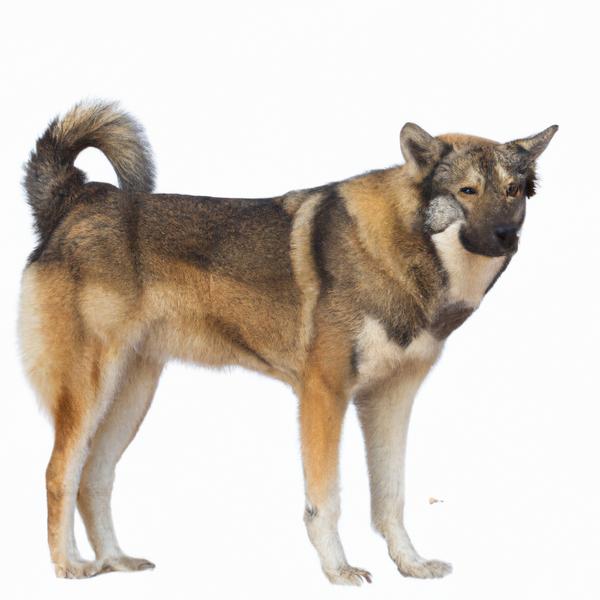
Kashon Breed Information & Characteristics
Hypoallergenic
Are Kashons Hypoallergenic?
While no dogs are truly 100% hypoallergenic, Kashons are about as close as it gets, making them an ideal pet if you are an allergy sufferer.
Temperament
What is a Kashon personality? What are Kashon dogs best known for?
Active
Playful
Sensitive
Courageous
Intelligent
Affectionate
Gentle
Fearless
Assertive
Cheerful
Shedding Level
Are Kashons heavy shedders? How Much Does a Kashon Shed?
Kashon dogs are not heavy shedders, but they will lose a significant amount of hair each year. To decrease the amount of shedding, you can regularly brush your Kashon. This will remove loose hair and keep his coat growing in the same direction.
Watchdog Ability
What is the watchdog ability of a Kashon dog?
The Kashon breed is one of the worst choice if you want a good watchdog.
Origin
Where do Kashons come from?
United States
Ancestry
What are Kashons descended from?
Bichon Frise and Cairn Terrier
Breed recognition
What organizations or kennel clubs recognize/register the Kashon breed?
ACHC = American Canine Hybrid Club
DDKC = Designer Dogs Kennel Club
DRA = Dog Registry of America, Inc.
IDCR = International Designer Canine Registry®
Date of Birth
When were Kashons first bred? How old is the Kashon breed?
Unknown
Eye Color Possibilites
What color are Kashon eyes?
Hazel
Brown
Nose Color Possibilites
What color can Kashon nose be naturally?
Black
Coat Color Possibilites
What color can Kashon coat be naturally?
Black
Brindle
Cream
Gray
Red
Silver
White
Coat Length
How long is a Kashons coat?
The coat of a Kashon falls in the medium length category.
Coat Density
How Dense Is The Kashon Coat?
Coat Texture
What is the texture of the hair of a Kashon?
Wiry
Litter Size
How many puppies can a Kashon have in a litter? How many puppies can a Kashon have in her first litter?
A Kashon can have a litter of 2-10 puppies on average. However, it's worth noting that the size of the litters can vary greatly. Factors that can influence litter size include the health of the mother, breeding history, and genetics.
Adaptability
The adaptability of Kashon dogs is a well-known trait, they are known for being able to adjust well to different living environments and lifestyle changes.
Health Issues
Do Kashons have a lot of health problems?
The Kashon is generally considered to be healthy. However, like all breeds, they are susceptible to certain health issues and it is important to keep an eye out for them and address them with your veterinarian as needed.
Major Concerns
What are the major health concerns to be aware of when owning a Kashon?
Cataracts
Atopic Dermatitis
Mitral Valve Disease
Craniomandibular Osteopathy
Minor Concerns
What are the less significant issues to keep in mind when it comes to Kashons?
Progressive Retinal Atrophy
Hydrocephalus
Shaker Dog Syndrome
Corneal Dystrophy
Legg-Calve Perthes Disease
Patent Ductus Arteriosis (PDA)
Hemophilia
Occasional Tests
What are the occasional tests recommended for Kashon breed?
Eye Examination
Electrocardiogram
Radiographs
Blood Analysis
Neurological Testing
Energy
Do Kashons have a lot of energy?
Kashons are known for their high energy levels, so if you're looking for a more low-key dog, this breed may not be the best choice.
Social Needs
Do Kashons need socialization? How social are Kashons?
Kashon have very high social needs. These needs include regular mental and physical stimulation, a job or purpose, and companionship. They thrive in environments where they have a lot of interaction with humans and other dogs.
Exercise Needed
How much exercise should Kashons get?
The Kashon dog requires a moderate amount of physical activity to maintain a healthy lifestyle. These breeds are ideal for people who have a moderate amount of time to devote to their pet and enjoy regular physical activity themselves. They also make great family pets as they have the energy to keep up with children and the temperament to be great companions.
Sleeping Need
How much sleep should a Kashon have? Do Kashons sleep a lot?
The Kashon breed is known for its moderate energy levels and normal sleep patterns, typically sleeping around 12-14 hours per day.
Tendency to Bark
How much does it bark?
Kashons tend to bark moderately, they bark when necessary, such as to alert their owner or to communicate something. They may also bark due to certain triggers like fear, alarm, boredom, greeting, separation anxiety and compulsive barking.
Mouthiness
Are Kashons mouthy?
Roaming urge
What is the likelihood of a Kashon running away? Do they have a tendency to explore or wander frequently?
Prey Drive
Do Kashon dogs have a high prey drive?
Activity Level
What is the energy level of a Kashon? How much energy does a Kashon have?
Kashons are low-energy dogs. This breed make a great companion for a relatively inactive person. Kashon dogs require a few short daily walks, and then they're happy snuggling next to you for the rest of the day.
Tolerance of being left alone
Walks per Week
How far should a Kashon walk each week? How many miles should a Kashon walk every week?
There's really no limit to how far you walk your dog as long as they're comfortable. For Kashon, it's at least 4 miles / week. Just remember to build distance and stamina gradually over time.
Activity per Day
How much a Kashon should exercise a day? How much activity does a Kashon need?
In general most Kashons usually need at least 30 minutes of exercise daily. This can be spread across the day and include all sorts of high-energy activities, like walking, running and playing.
Grooming
What level of grooming should be provided for a Kashon?
The Kashon is a breed of dog that requires a significant amount of grooming. They will also require regular trims, and a professional groomer's help is often necessary to keep their coat in good condition. They may also need regular baths to maintain their coat and skin.
Brushing Frequency
How often should you brush a Kashon?
Ideally, Kashon should be brushed at least 2 or 3 times a week (preferably daily) improve shedding.
Brushing Tools
What are the most commonly used brushing tools for Kashons?
Pin Brush
Dematter
Comb
Scissors
Cups
How many cups of food does a Kashon eat?
For an average 12-17 pound (5 - 8 kg) Kashon feed 0.5 cups daily. But, keep in mind, the amount you feed is going to be dependent on the quality of the food you are feeding.
Daily Cost
How Much Does a Kashon Cost Daily?
The average cost of a Kashon is somewhere $1.00 - $1.40 per day.
Monthly Cost
How Much Does a Kashon Cost Per Month?
The average per month expenses of a Kashon is between $28 - $42. This makes an average of $336 - $504 per year. It will be on the higher side when the dog is still small because it will need more frequent visits to the vet, shots.
Intelligence
How intelligent is a Kashon?
Kashons has average obedience intelligence. But, they're also independent thinkers. The Kashon is a breed with an exceptionally high IQ and may get into mischief if left to their own devices.
Sensitivity Level
How sensitive is a Kashon dog?
This dog breed is more sensitive than others and easily overwhelmed by new surroundings and people. They need gentle handling and a calm, stable home environment with positive reinforcement training.
Affection Dependance
Are Kashon dogs affectionate?
Apartment Friendly
Do Kashon do well in apartments? Are Kashons good indoor dogs?
The Kashon is an apartment-friendly dog breed. They can do perfectly well in apartments providing they are sufficiently exercised and taken out and about as part of their owner's daily lifestyle.
Child Friendly
Are Kashons good with kids? Are Kashons good around children?
Kashons are kid-friendly dogs. They are good with children and excellent dogs with children if they are socialized and trained at a young age.
Senior-friendly
Are Kashons good for elderly?
Cat Friendly
Are Kashons good with cats? How friendly Kashons are toward cats?
Kashons are one of the best dogs for cats. They're accept cats readily as part of the family. However, this dog breed should be trained to not chase after the kitty early on
Dog Friendly
Do Kashon dogs get along with other dogs? Are Kashons OK with other dogs?
Kashons are friendly, active and loyal companions. They generally love to be around other dogs, making them a good family pet for some,
Pet friendly
How do Kashon dogs interact with other pets? Are they considered pet-friendly?
Stranger Friendly
Are Kashons friendly with strangers?
Kashons are friendly dogs and won't commonly bark at strangers. However, if you wish to change this, training them is easy. With their intelligence, teaching this breed to do anything is pretty simple.
Playfulness
Do Kashons like to play? Are Kashons playful?
The Kashon is a playful dog. So, no matter how busy the day may get, the best thing you can do for your Kashon is to make time each day to play. It can be as little as 15-20 minutes, and it will mean the world to them.
Trainability
Are Kashon easily trained?
Kashon dogs are known for their ease of training and ability to learn quickly, making them a popular choice for pet owners and trainers alike.
Compare Kashon with other breeds
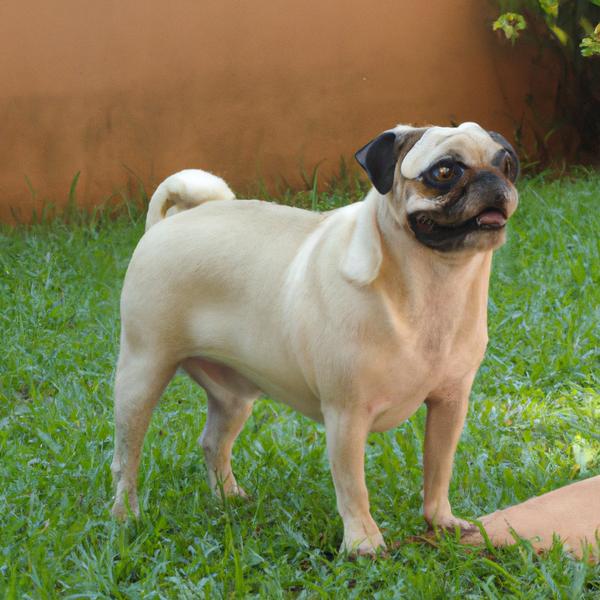
Pugwich
Kashon vs Pugwich
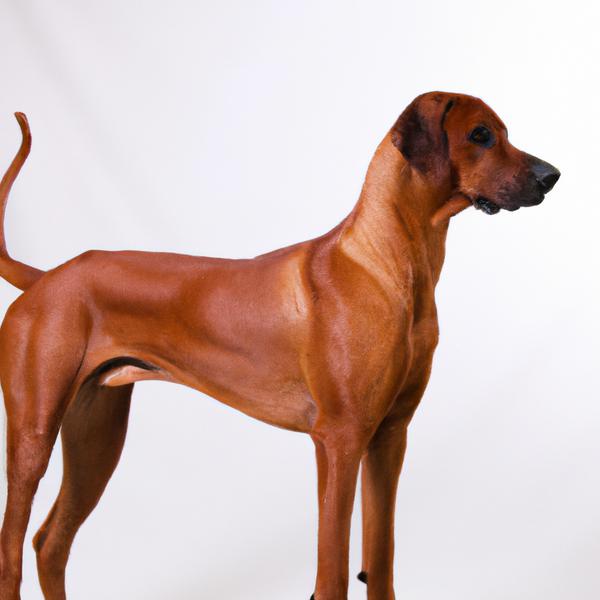
Rhodesian Ridgeback
Kashon vs Rhodesian Ridgeback
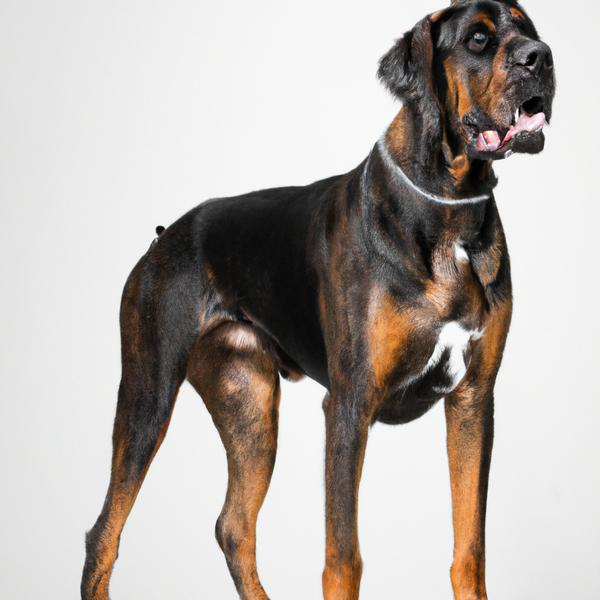
Weiler Dane
Kashon vs Weiler Dane
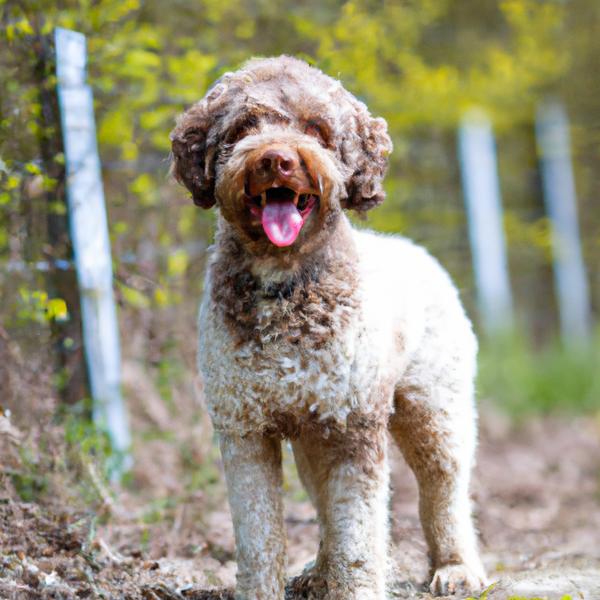
Lagotto Romagnolo
Kashon vs Lagotto Romagnolo
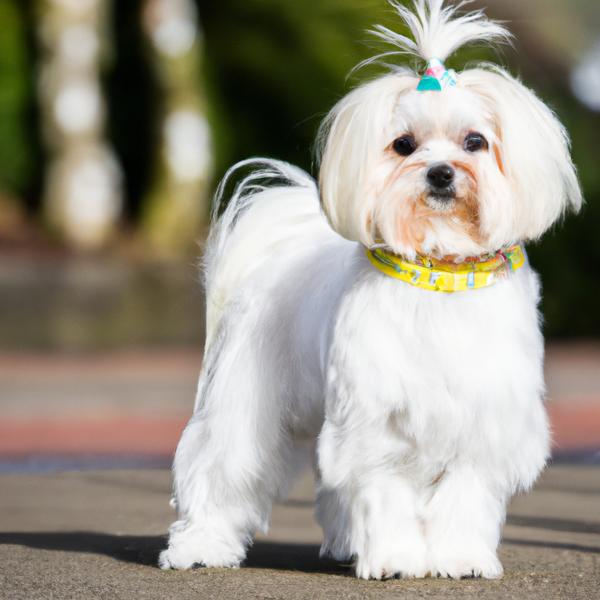
Highland Maltie
Kashon vs Highland Maltie
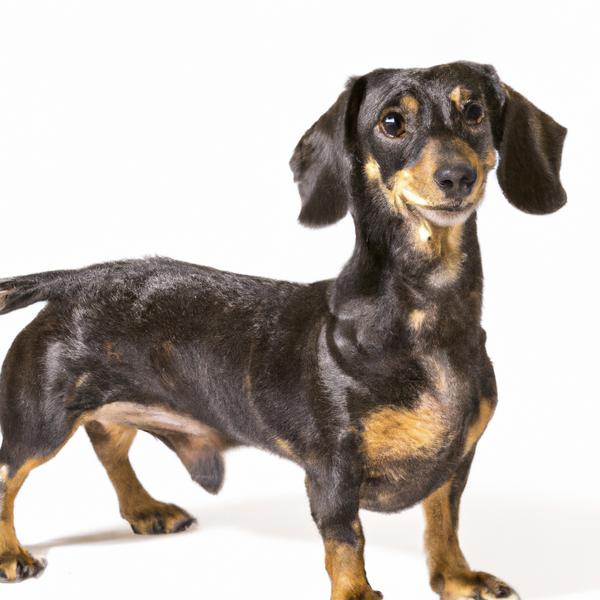
Doxie-Chin
Kashon vs Doxie-Chin
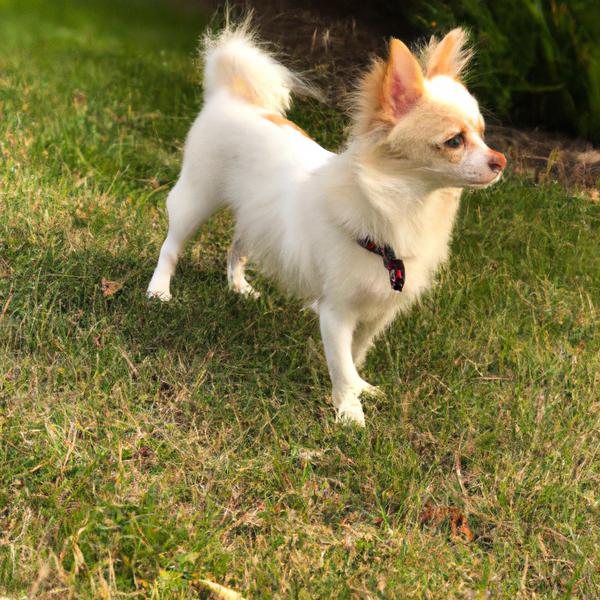
Eskimo Chi
Kashon vs Eskimo Chi
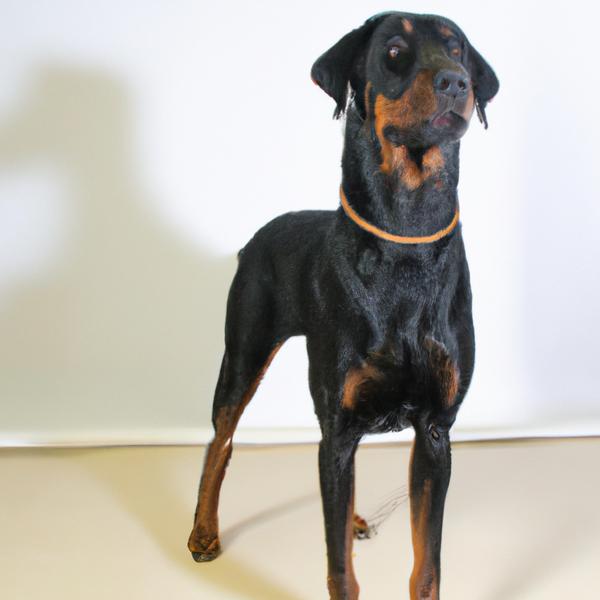
Weston
Kashon vs Weston
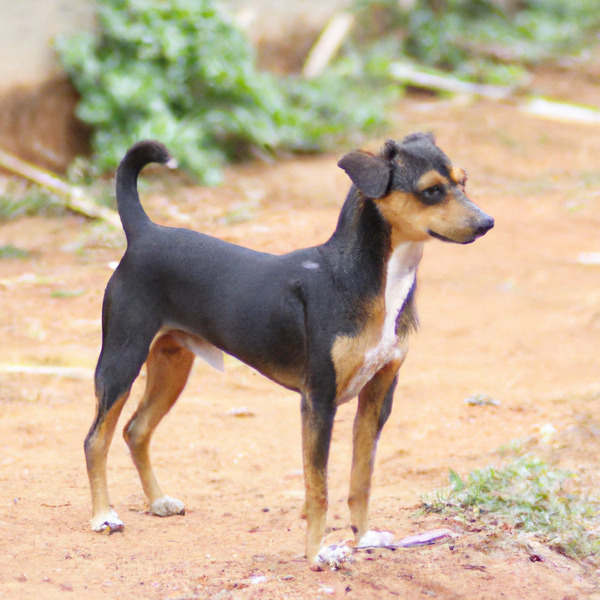
Chippiparai
Kashon vs Chippiparai
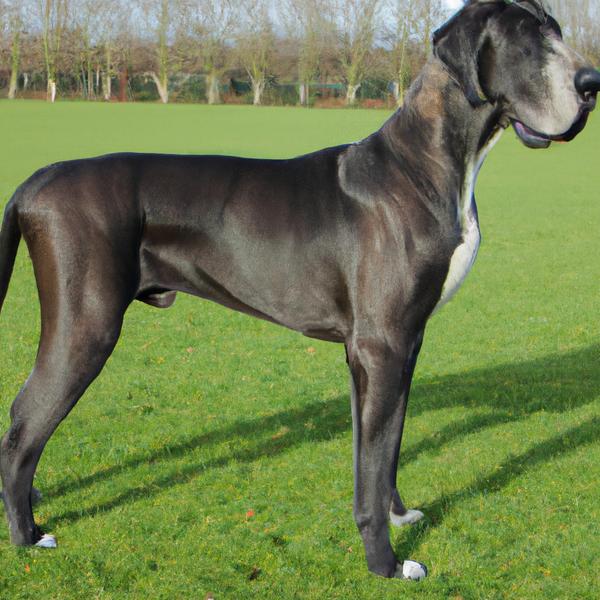
Irish Dane
Kashon vs Irish Dane
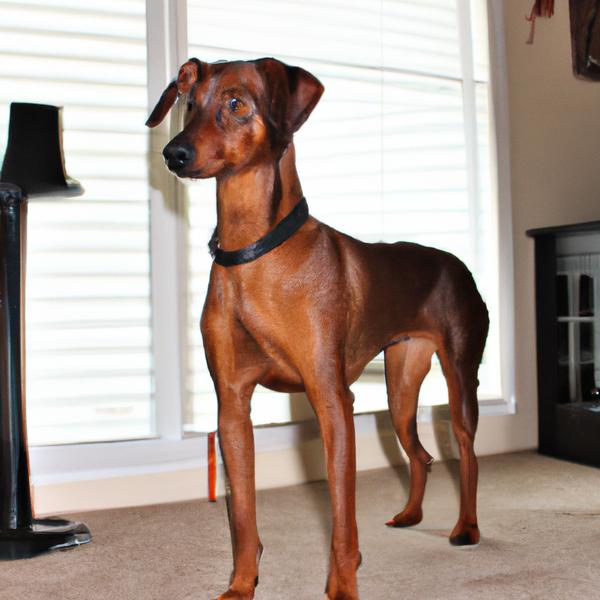
Patterbea
Kashon vs Patterbea
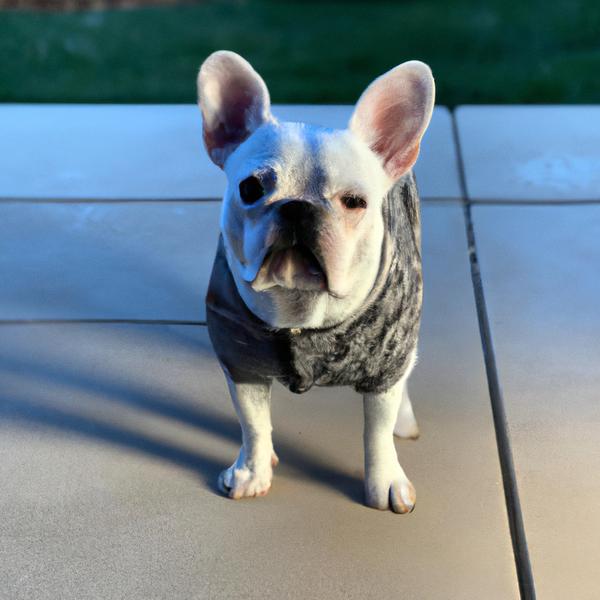
Frenchie Bichon
Kashon vs Frenchie Bichon